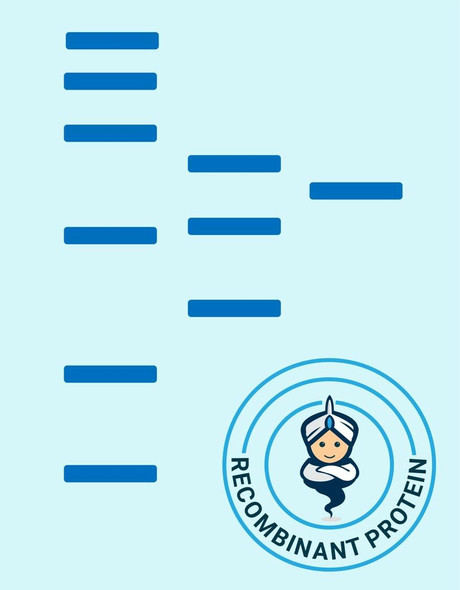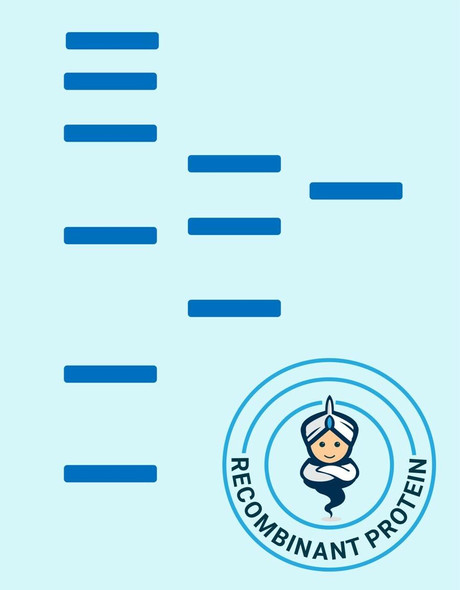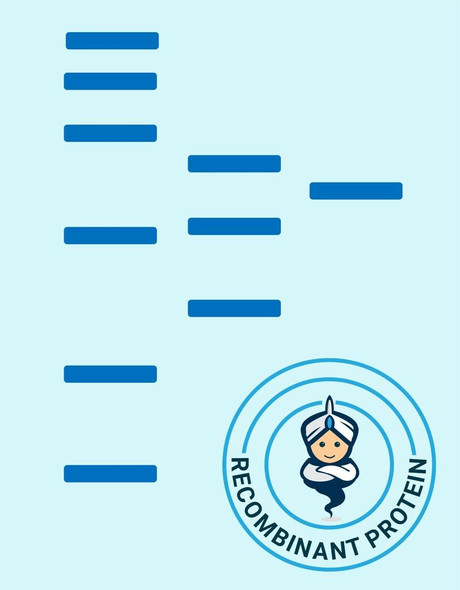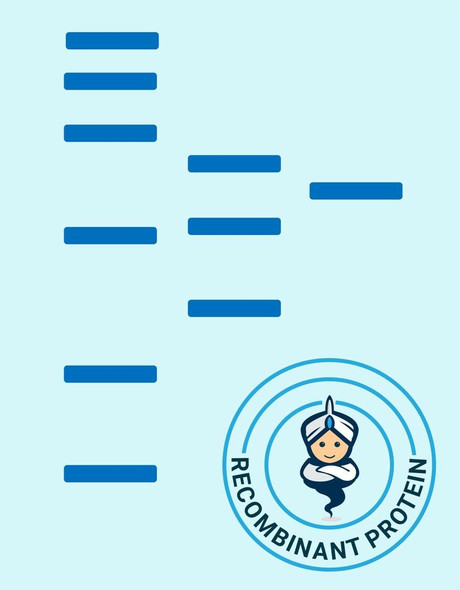Description
HCV NS3 Monoclonal Antibody (CPAB0386)
The HCV NS3 Monoclonal Antibody (CPAB0386) is specifically designed for research involving the NS3 protein of Hepatitis C virus (HCV), a critical enzyme essential for viral replication. This antibody, produced using hybridoma technology, is highly specific and reactive with HCV NS3 protein in human samples. It has been validated for use in various applications, including Western blot and immunohistochemistry, enabling reliable detection and analysis of the NS3 protein in infected cells.The HCV NS3 protein is a key target for antiviral drug development, making this antibody essential for studying the mechanisms of HCV replication and potential therapeutic interventions.
By targeting the NS3 protein, researchers can gain insights into the molecular processes involved in HCV infection and develop new strategies for combating this viral disease. The HCV NS3 Monoclonal Antibody is a valuable tool for advancing research in virology, infectious diseases, and antiviral drug discovery.
| Product Name: | HCV NS3 antibody |
| Product Sku: | CPAB0386 |
| Size: | 100μg |
| Host Species: | Mouse |
| Immunogen: | Recombinant HCV NS-3 (genotype 1a). |
| Clone: | |
| Reactivity: | Viral |
| Applications: |
| Purification Method: | |
| Isotype: | IgG1 |
| Background: | HCV is a small 50nm, enveloped, single-stranded, positive sense RNAvirus in the family Flaviviridae. HCV has a high rate of replication with approximately one trillion particles produced each day in an infected individual. Due to lack of proofreading by the HCV RNA polymerase, the HCV has an exceptionally high mutation rate, a factor that may help it elude the host's immune response. Hepatitis C virus is classified into six genotypes(1-6) with several subtypes within each genotype. The preponderance and distribution of HCV genotypes varies globally. Genotype is clinically important in determining potential response to interferon-based therapy and the required duration of such therapy. Genotypes 1 and 4 are less responsive to interferon-based treatment than are the other genotypes (2, 3, 5 and 6). |
| Synonyms: | |
| Storage Buffer: |










